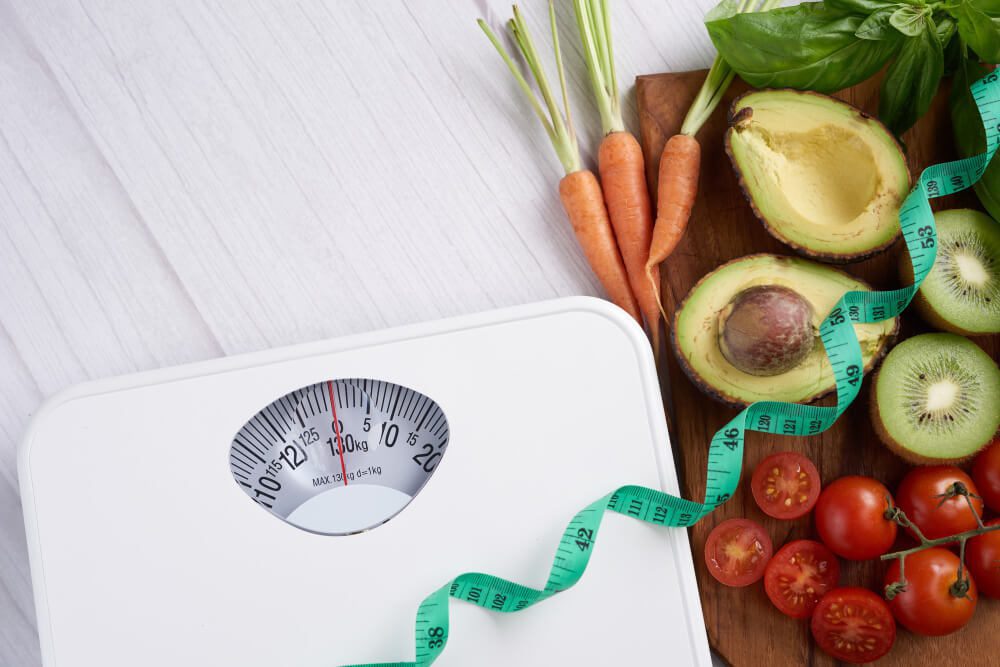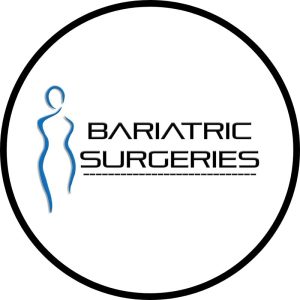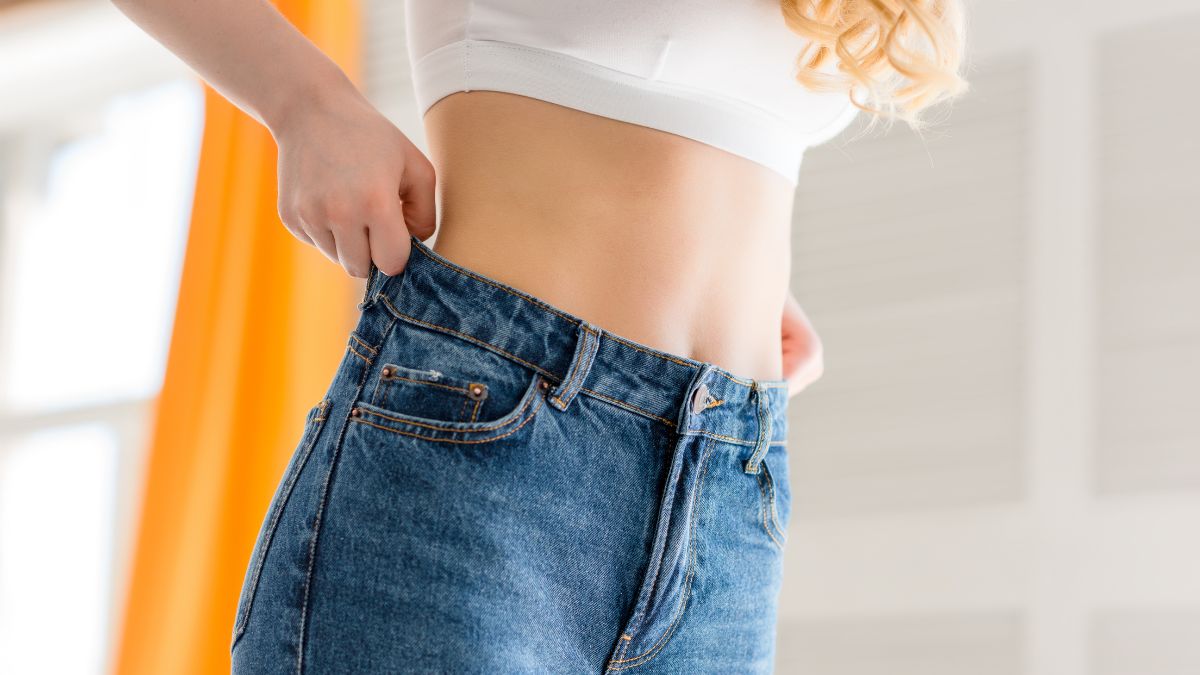Your diet is at the core of your weight loss success after bariatric surgery in Mexico. While at first it is as restrictive as your pre-op bariatric diet, it quickly opens up to solid foods. And once it does, you need to focus on eating a high-fiber diet.
The Importance of Fiber
Most of us are at least vaguely aware that we need fiber in our diet—and some of us need more than others. But why is that?
Fiber offers essential health benefits that are even more important for those who have had bariatric surgery in Tijuana, Mexico.
- Fiber Assists in Weight Loss: Does fiber help with weight loss? You bet! High fiber foods are often lower in calories, plus they take longer to chew, helping you achieve the sensation of fullness while eating less.
- Fiber Regulates Cholesterol: Certain sources of fiber help lower total blood cholesterol. Since many people seeking weight loss surgery also have cholesterol concerns, this can help improve overall health.
- Fiber Can Control Blood Sugar: Soluble fiber slows the body’s absorption of sugar. Not only can this help those with diabetes better manage their condition, but it can actually prevent type 2 diabetes from developing.
- Fiber Keeps Things Flowing: After gastric sleeve surgery in Tijuana, constipation can be difficult to deal with. You want to keep your bowels moving properly to prevent pain. Fiber helps a lot with this.
Add Fiber Slowly
Now that you know about the benefits of fiber and how fiber helps weight loss, you might be practically chomping at the bit to get more into your diet. But don’t move too fast.
Add fiber a bit at a time, increasing the amount each week until you find a comfortable level for you. Too much fiber too quickly will cause gas, bloating, and cramping—all of which are uncomfortable under the best of circumstances and awful after an abdominal surgery. If you add fiber slowly, your gut bacteria can steadily adjust, preventing intestinal distress.
Types of Fiber to Consume
There are two types of fiber—soluble and insoluble.
Soluble fiber pulls in water and transforms into a gel-like substance during digestion. Insoluble fiber adds bulk to the stool and helps it pass more quickly. Both are found naturally in foods, so the best way to get both is to eat a balanced diet. Some items that include these types of fiber are:
- Fruits
- Vegetables
- Bran
- Barley
- Nuts
- Seeds
- Beans
- Lentils
- Whole grains
If you are taking a fiber supplement, you should try to take this before your meal so you are not overloaded with fiber.
For more information on the bariatric diet, contact ALO Bariatrics.









